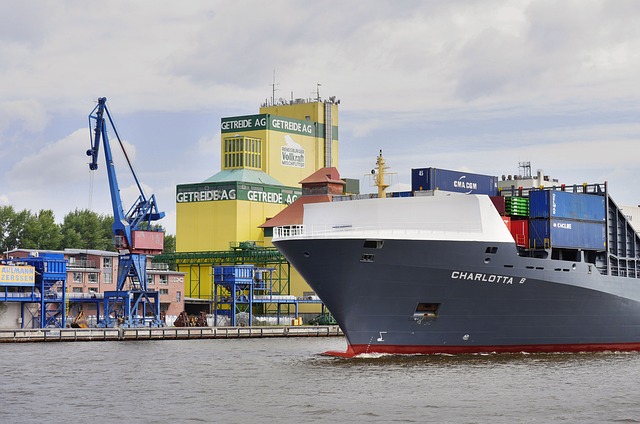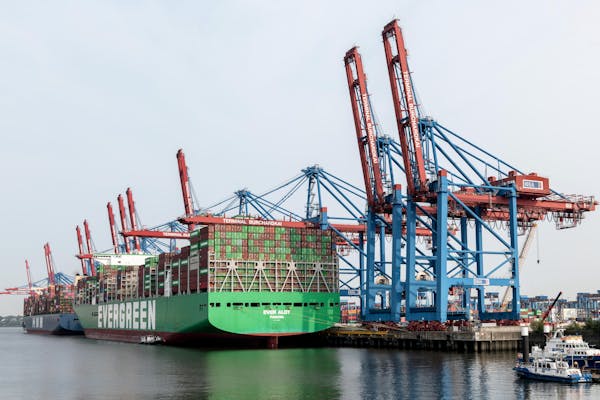Shipping Bathroom Tiles from Guangzhou/Shenzhen to San Salvador Port (CIF 20FT/40FT Full Container & LCL) with a 45-Day Sea Transit
1. Shipping Options: FCL and LCL
There are two main shipping options to consider when exporting bathroom tiles:
Full Container Load (FCL): For larger shipments, the most efficient option is booking a 20FT or 40FT full container. This allows the shipper to take full advantage of the container space, minimizing the cost per unit of goods shipped. The tiles are packed directly into the container, either on pallets or in boxes, depending on the specific packaging needs.
Less-than-Container Load (LCL): For smaller shipments, LCL is a viable option. LCL means that your tiles will share space with goods from other shippers in a single container. This method is typically more cost-effective for smaller volumes but may have a slightly longer transit time due to the additional handling required at the ports.

2. CIF (Cost, Insurance, and Freight) Incoterms
The CIF Incoterm (Cost, Insurance, and Freight) is widely used for this type of international sea freight shipment. Under CIF, the seller is responsible for the cost of the goods, the insurance during transit, and the freight charges to the destination port (San Salvador Port). Once the cargo reaches San Salvador, the buyer is responsible for customs clearance, taxes, and delivery to the final destination.
3. Sea Freight Journey
The sea freight journey from Guangzhou or Shenzhen to San Salvador typically takes approximately 45 days. This period includes loading at the Chinese ports, sailing through major sea routes, and unloading at San Salvador Port. The transit time may vary depending on weather conditions, port congestion, and the shipping company’s schedule.

4. Packaging for Bathroom Tiles
Proper packaging of bathroom tiles is crucial for preventing damage during the long transit journey. Here’s how the tiles are typically packed:
Individual Tile Packaging: Each tile is carefully wrapped in bubble wrap or foam sheets to prevent scratches, cracks, or breakage. Smaller quantities may be packed in cardboard boxes, each containing a set number of tiles. Larger quantities may be stacked in wooden crates or strong corrugated boxes for added protection.
Palletization: For bulk orders, tiles are usually packed onto wooden pallets, making them easier to handle and ensuring they stay in place during the journey. The pallets are secured with plastic stretch wrap or strapping to keep the tiles stable and protected from moisture and damage.
Labeling: Each box or pallet is clearly labeled with important information, including the destination port (San Salvador), the consignee’s details, the contents (bathroom tiles), and any handling instructions. This helps facilitate smooth customs clearance and ensures that the shipment is handled appropriately at every stage of the journey.
Containerization: In the case of FCL shipments, the packed tiles are loaded into a 20FT or 40FT container. The container is sealed and secured to prevent movement during transport. If the shipment is LCL, the tiles are grouped with other goods in a shared container and securely packed to prevent any damage.
5. Customs Clearance and Delivery
Once the cargo arrives at San Salvador Port, it undergoes customs clearance. As the shipment is CIF, the seller is responsible for the necessary insurance and freight charges to ensure that the goods arrive safely at the port. The buyer in El Salvador will need to handle import duties, taxes, and any additional charges once the goods are cleared for entry.
After clearance, the shipment will be delivered to the buyer’s warehouse or final destination, completing the journey.



